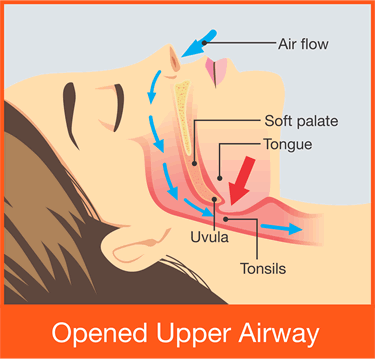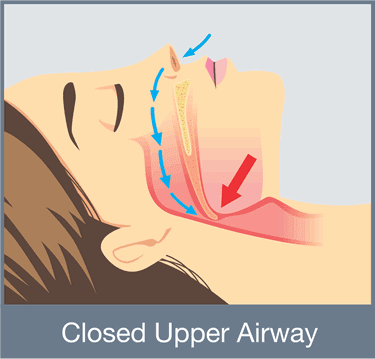
to have a sleeping problem.
Why do we need sleep?
As you can see above, the cost of bad sleep is extremely high, and can potentially be harmful to the health and overall well-being of both yourself and others. As part of a health survey for the Center of Disease Control and Prevention, about 7-19% of adults in the United States reported not getting enough sleep or rest every day. Insufficient sleep is considered a public health issue as it is often linked to motor vehicle accidents, industrial disasters, and other occupational errors. Unintentionally falling asleep, dozing off while driving, and being unable to complete daily tasks due to insufficient sleep can lead to life threatening mistakes. The National Department of Transportation estimates that drowsy driving is responsible for 1,550 fatalities and 40,000 nonfatal injuries per year in the United States.
Aside from it being a public health concern, not getting enough sleep causes personal problems as well. Statistics show that a person getting an insufficient amount of sleep is 10 times more likely to develop depression. The National Institute of Health suggests that adults need 7-8 hours of sleep every night. The proper amount of sleep helps with learning and memory retention, which makes us more efficient and effective in our daily tasks. On top of all of that, getting enough sleep also can contribute to a healthy immune system.
The promotion of good sleep habits and regular sleep is known as sleep hygiene. Here are a few hygiene tips to help improve your sleep:
- Go to bed at the same time each night and wake up at the same time each morning.
- Avoid large meals before bedtime.
- Avoid caffeine and alcohol close to bedtime.
- Avoid nicotine.
What Causes Bad Sleep?
Most people don’t realize that the reason for their bad sleep may be more than being uncomfortable throughout the night. Studies show that approximately 1 in 15 Americans suffer from sleep apnea, and as many as 80% go undiagnosed. Sleep apnea is very often overlooked due to its broad symptoms, which most commonly includes snoring. While not everyone who snores has sleep apnea, loud and ongoing snoring followed by abrupt awakenings and gasping for air is considered an apnea. This occurs from an obstructed airway as shown below.


